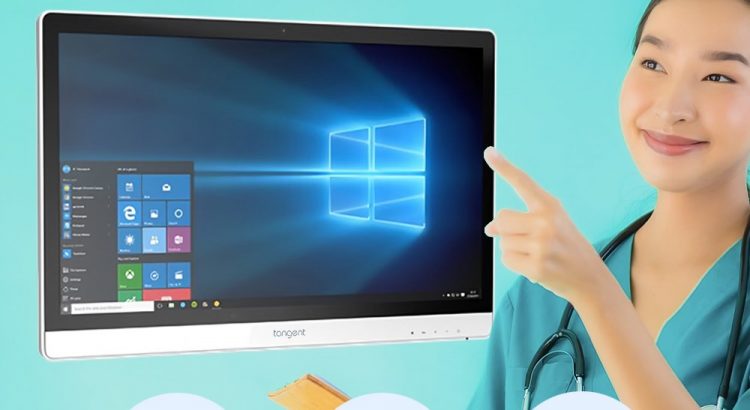In today’s fast-paced world, technology plays a crucial role in transforming various industries, and healthcare is no exception. One such groundbreaking innovation that has revolutionized medical practices is the Medical PC. In this blog, we delve into the capabilities, benefits, and potential applications of these advanced computing systems in the healthcare landscape. What is a […]
Category: Medical Monitors
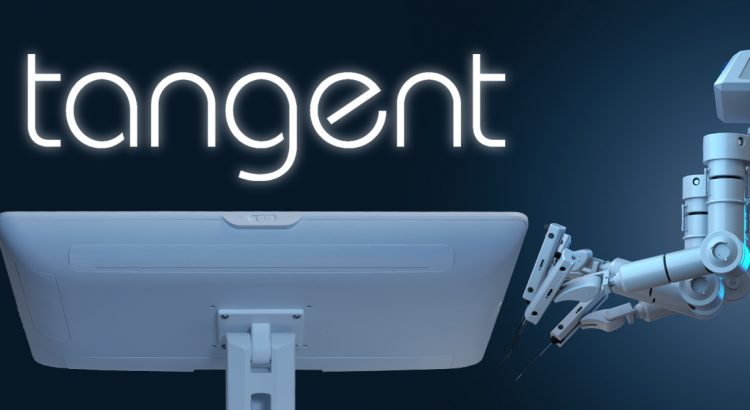
Better Medical Computer-Aided Diagnosis
Computer-aided diagnosis is rapidly becoming an integral part of every hospital’s toolbox.While currently primarily used only for immunostaining operations, CAD has many promising prospects for future use. But even now, state-of-the-art hospitals utilize CAD to analyze x-rays, propose diagnoses, and get important second opinions from an unbiased source. Preparing your hospital with the best medical […]

Medical All-In-One Computers For Healthcare
New advancements in medical grade technology are made every day, and Tangent is at the forefront of medical grade computer development. As the role of digital information like Electronic Medical Records (EMR)s and Electronic Health Records (EHR)s in healthcare continues to increase, having the fastest possible access to this information will be vital in providing […]
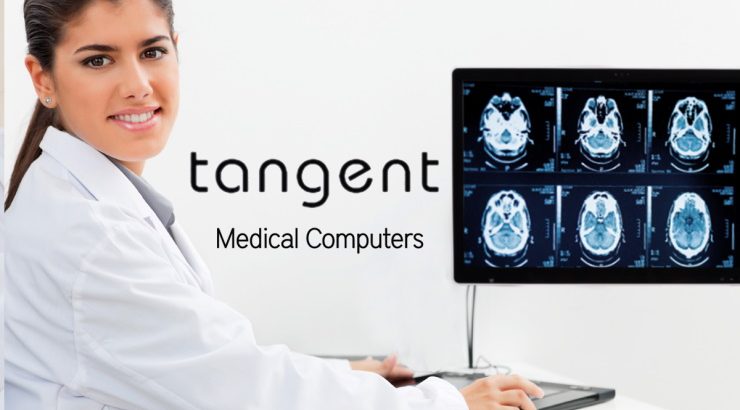
Reducing Hospital Readmission Rates
As hospitals around the country reopen to elective procedures, unresolved challenges must once again be grappled with. One of these challenges is the reduction of hospital readmission rates. Hospital readmission refers to the readmission of a patient less than 30 days after a procedure, normally due to complications. According to the American Institute of Research, […]
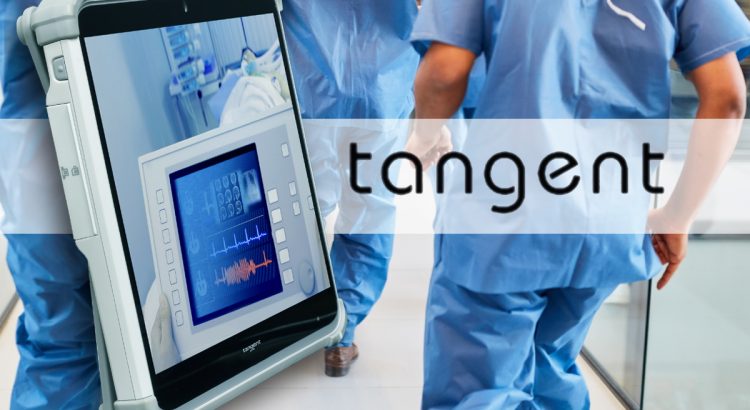
Medical All-In-One PCs For Full Hospital Use
With the country on the path towards reopening, hospitals have begun transitioning their facilities to accommodate regular appointments and patients. But will patients be willing to return to hospitals during this crisis? More patients than ever are seeing their doctors remotely via telemedicine technologies such as Medical All-In-One PCs. In addition, more Americans than ever […]
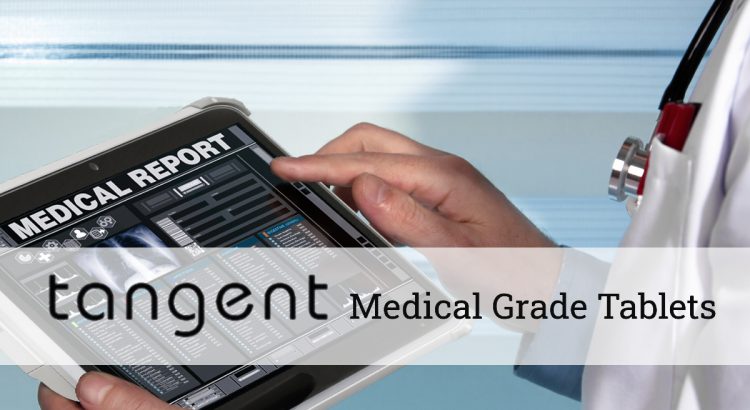
Medical PCs In The Hospital Setting
As the nation reopens, so too will our hospitals. The CDC has recently published guidelines for hospitals on how to go about opening their doors for services such as elective surgeries. As hospitals dealing with massive backlogs begin this process, making sure they have the equipment they need will be crucial. Medical PCs can help […]
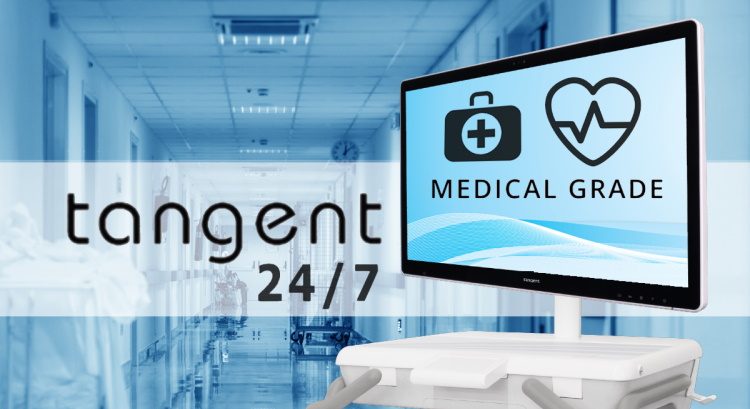
Reducing Frontline Healthcare Worker’s Stress And Anxiety
This crisis has taken a toll on all of us, but frontline healthcare workers have taken the brunt of this crisis. The doctors, nurses, and medical staff protecting the public health are doing so at their own risk. It’s no wonder then why some frontline healthcare facilities are seeing depression symptom rates of 50%. Experts […]

Best Medical Computer For Telemedicine
In these uncertain times, telemedicine has become an invaluable tool for healthcare facilities seeking to treat patients in the most effective way. Multiple branches of the U.S. government, along with health insurance companies and even internet providers have made it easier than ever to set up telemedicine. But when the nation comes out of this […]

Washable Computers For Hospitals And Healthcare Facilities
Now more than ever, washing your hands is crucial to staying healthy. Touching a surface that someone else has touched without washing their hands is part of the infection process. However, making sure that the surface is regularly cleaned is an effective way of reducing the risk of this happening. To that end, Tangent has […]

Sanitizable Computers For Nurses Stations
Now more than ever, hospitals and the doctors and nurses that work in them are crucial to our nation’s health. But our medical professionals are finding it hard to get the equipment they need to perform their job in a safe and effective manner. One of the best ways to ensure doctors and nurses have […]
